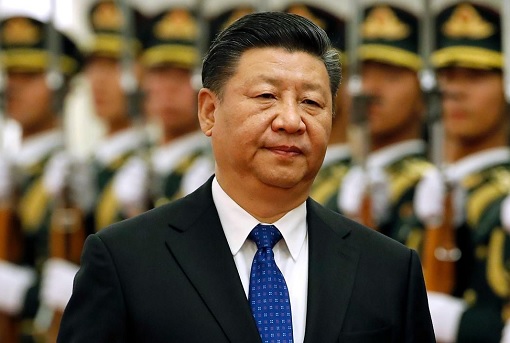China’s infamous debt-trap policy which was initially helping the paper dragon in making commercial invasions into strategically-located nations is now backfiring against Beijing. As Chinese projects come to get associated with Beijing’s debt-trap policy, Chinese companies and infrastructure builders themselves are becoming untouchable.
Take Manila’s first-ever subway system, for example. Japanese trading house Sumitomo Corp. and an East Japan Railway unit announced on Monday that they won $556 million order for
supply of 240 train cars that will serve the upcoming subway system. The Rodrigo Duterte administration in the Philippines has chosen Japanese companies over China for the supply of train cars, even though Beijing is known to supply cheaper equipment in both high-speed and standard rail projects.
So, the Philippines is ready to buy Japanese train cars as opposed to those manufactured by Chinese companies. However, Beijing has been hard-selling its trainsets and rail technology as cheaper and more affordable.
Also, Duterte doesn’t seem to care for his seemingly close relationship with Beijing, while awarding the key project to Japanese companies. Also, the Manila subway is no ordinary project- it is the centrepiece of the “Build, Build, Build” infrastructure initiative led by President Rodrigo Duterte.
Moreover, the Philippines President used to justify his China pivot on the pretext of securing Chinese investments. However, now Manila no longer seems to care for Chinese investments or BRI projects. Duterte is now ready to dump China in favour of Japan. And it is the Chinese debt-trap policy, which is to be blamed for the apparent fallout between Beijing and Manila.
However, this isn’t the first time that a country has refused to partner with Chinese companies in infrastructure projects. Throughout this year, countries across South and Southeast Asia have chosen alternatives to Chinese investment in infrastructure projects.
Earlier this year, it was reported that Jakarta was mulling roping Japan in Kereta Cepat Indonesia China (KCIC), an Indonesia-China consortium to develop the Jakarta-Bandung high-speed railway.
Recently, Malayasia also kicked China out of a $10 billion project for the construction of economic zones, hotels, luxury housing, and various tourist attractions in an area spreading over 246 hectares. Similarly, Bangladesh has dumped the BRI and has evinced interest in the India-Myanmar-Thailand Highway project under construction.
Similarly, Myanmar too is developing cold feet about Chinese President Xi Jinping’s Belt and Road Initiative. The Burmese government has been apprehensive about the unsustainable debt inherently involved in BRI projects.
Countries in need of infrastructure have clearly started treating Chinese infrastructure companies as untouchable. They understand the perils of Chinese debt even where the ostensible cost of Chinese equipment is lower. So, countries across South and Southeast Asia prefer alternatives like Japan and India over China, in order to avoid the infamous Chinese debt trap.








